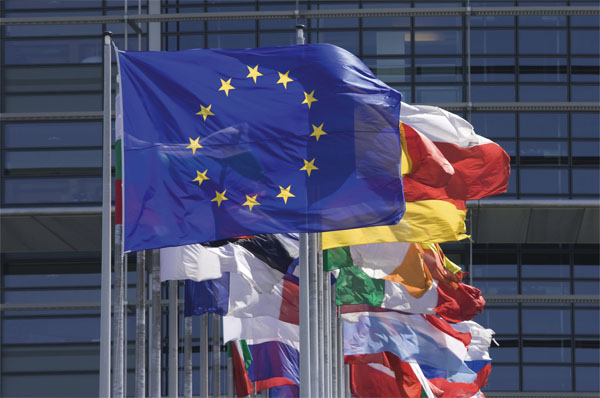
On Tuesday 19 December 2023, during the meeting of the Council of Energy Ministers of the EU which took place in Brussels, the ministers agreed to the extension for an additional year of three energy regulations, emergency measures adopted in December 2022, in response to the outbreak of the war in Ukraine and the energy crisis that followed.
Strengthening solidarity, accelerating the deployment of renewable energy and protecting EU citizens and the economy from excessively high prices
The first regulation aims to organise the rules of cross-border solidarity in the event of difficulty in gas supply, the second to be able to cap gas prices in the event of a spectacular surge in prices and a significant difference with the prices paid by our international competitors, and the third to remove obstacles delaying the deployment of renewable energy projects through easier granting of permits and authorisations.
Although the situation is much better than a year ago, the European Union must nevertheless be vigilant and have the instruments for rapid reaction in the event of a deterioration in the energy situation during the winter.
Other items on the agenda
The ministers discussed a whole series of “miscellaneous” points, including information from the Lithuanian delegation which is concerned about the lack of transparency surrounding the safety of the new nuclear reactor at Astravets, in Belarus, in the immediate vicinity of the Lithuanian border.
Furthermore, in the area of security of supply, the European Commission presented ministers with updated information on preparation for winter.
Luxembourg committed to energy efficiency and renewable energies
Within the framework of the Council, Luxembourg joined the "Energy Efficiency Financing Coalition" and the "European Wind Charter" which reflect the country's commitment to energy efficiency and renewable energies alongside other Member States and the Commission.
The day before the Council, Luxembourg attended a ministerial meeting of the Pentalateral Energy Forum which made it possible to conclude an agreement between the seven member countries, announcing the common ambition to decarbonize their interconnected electricity network by 2035. Considering that the energy sector is responsible for more than 75% of EU greenhouse gas emissions, the agreement is an important step towards a joint process of decarbonization of Europe's industrial heartland.








